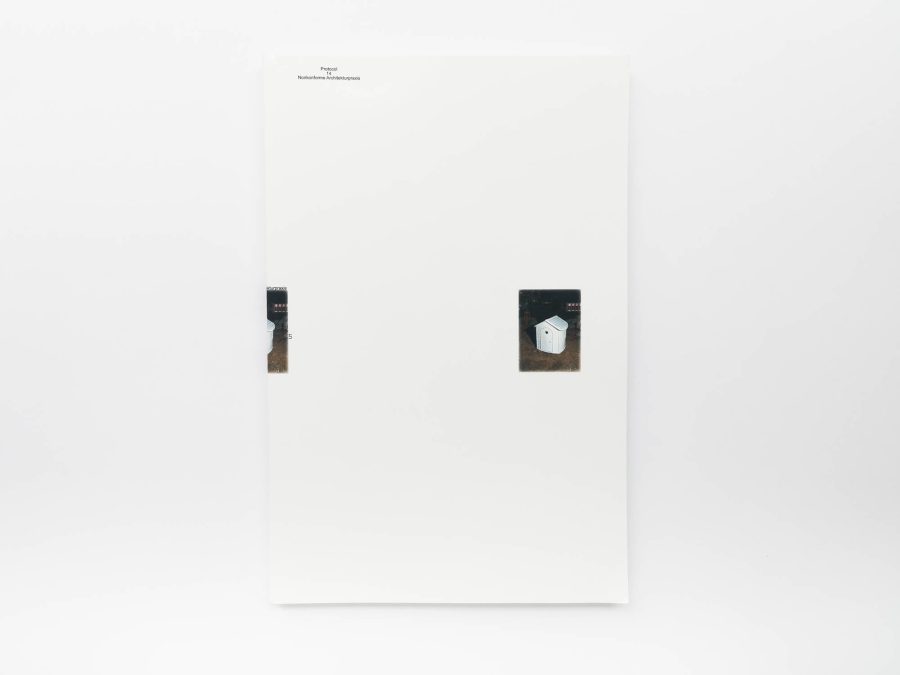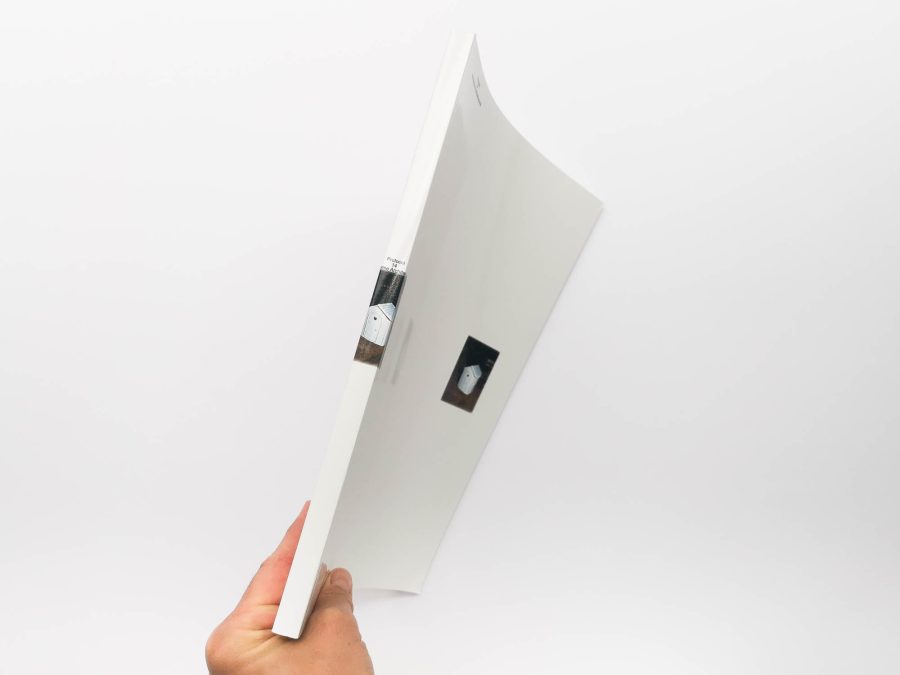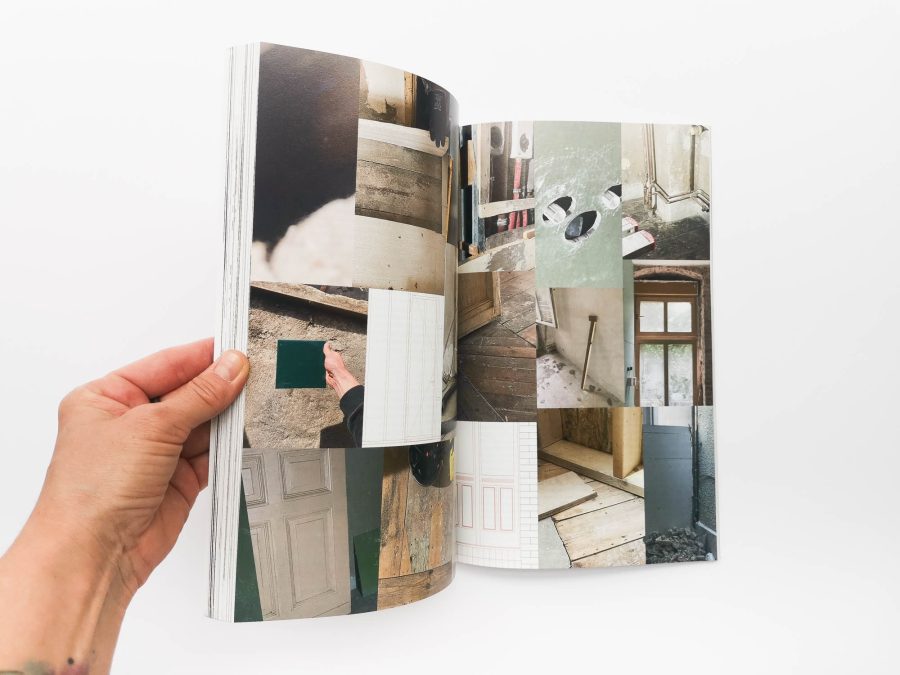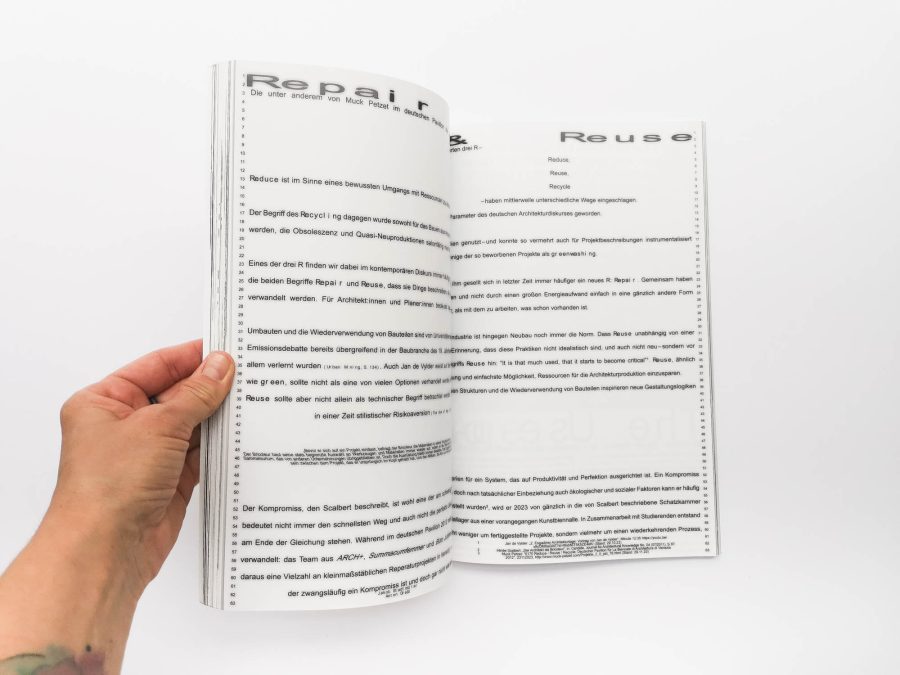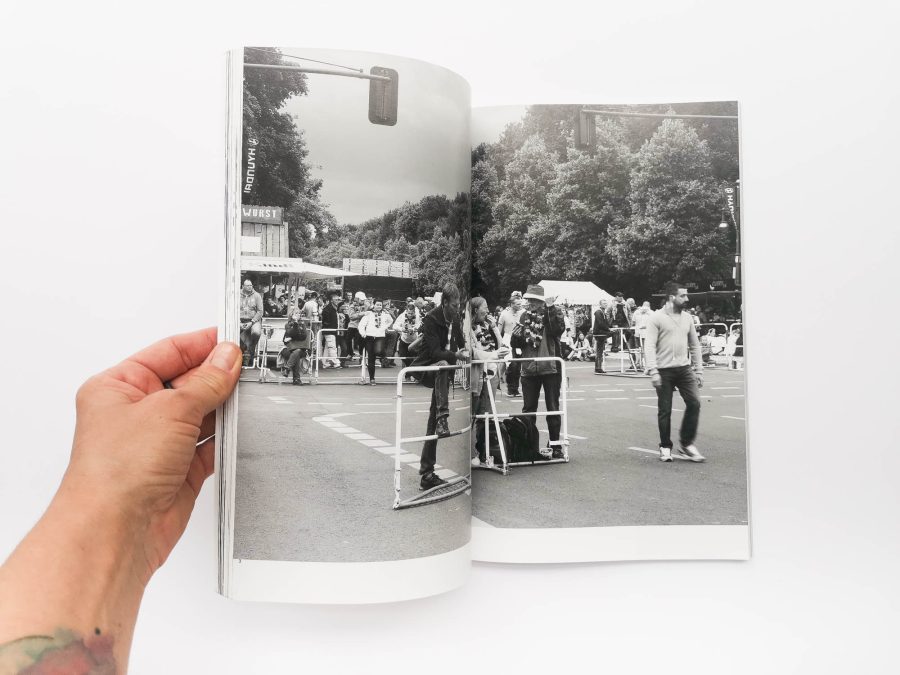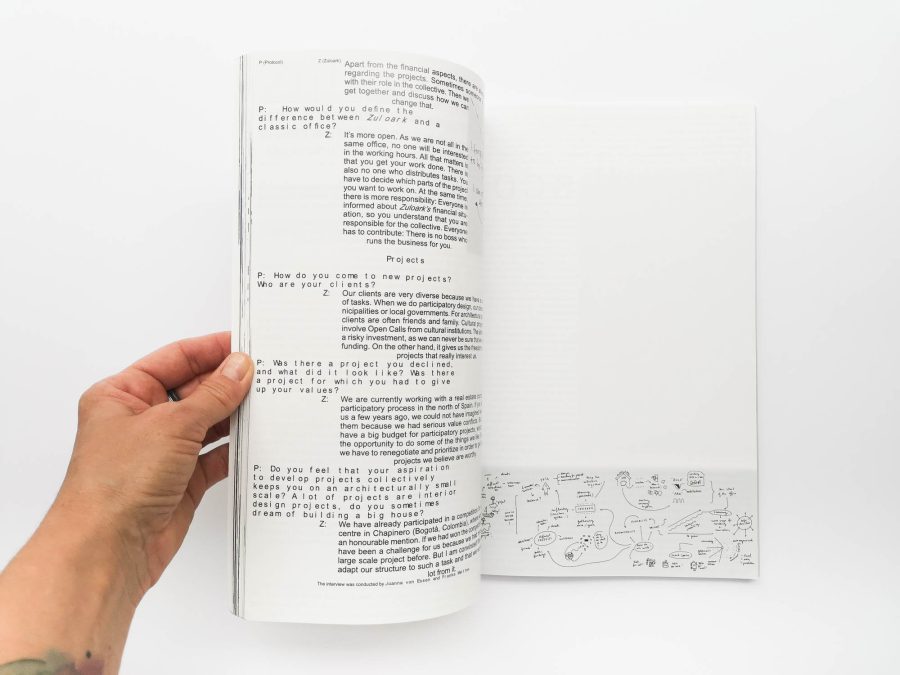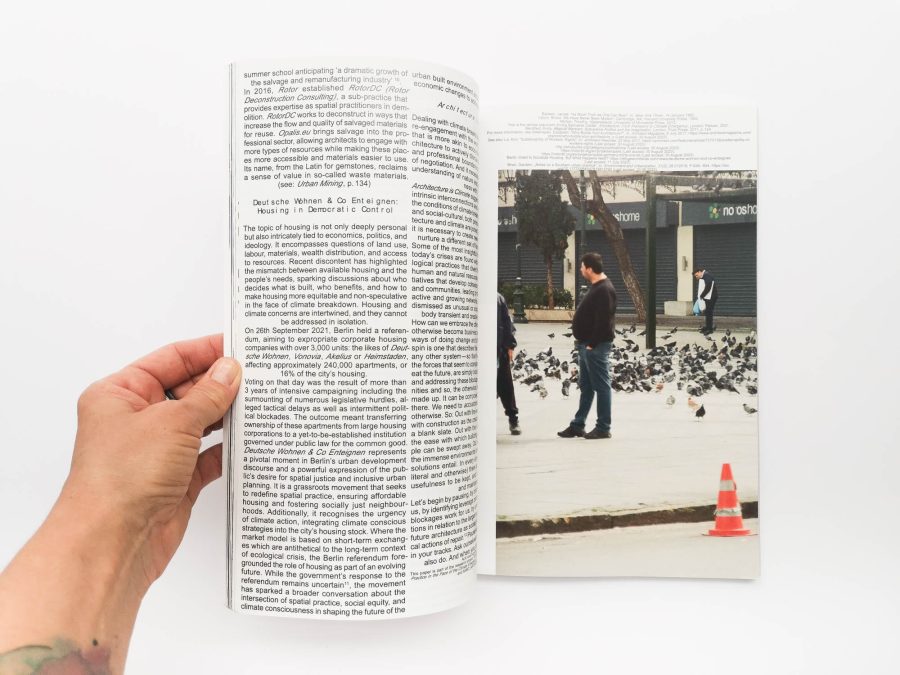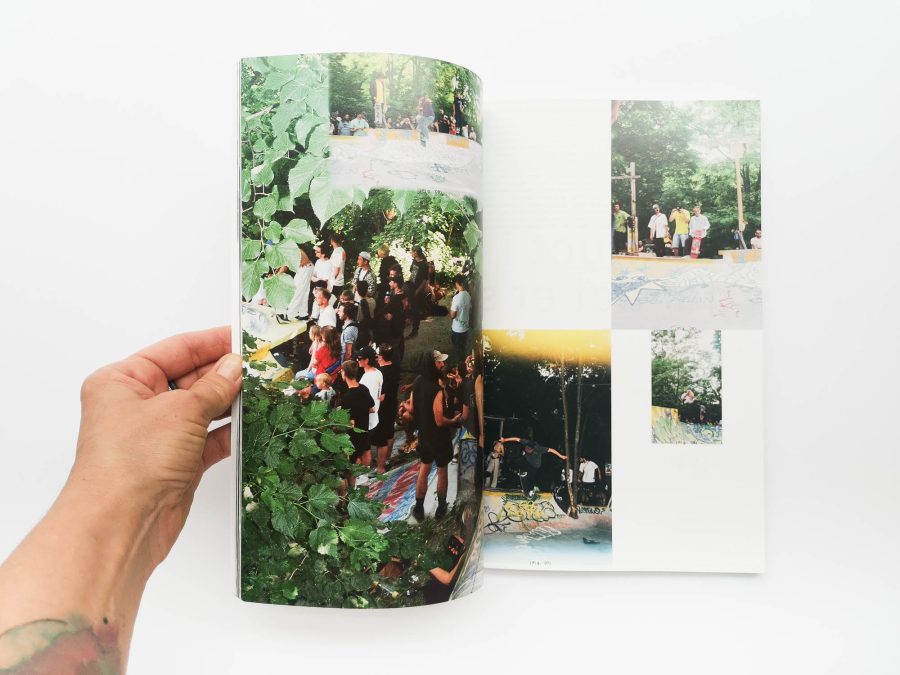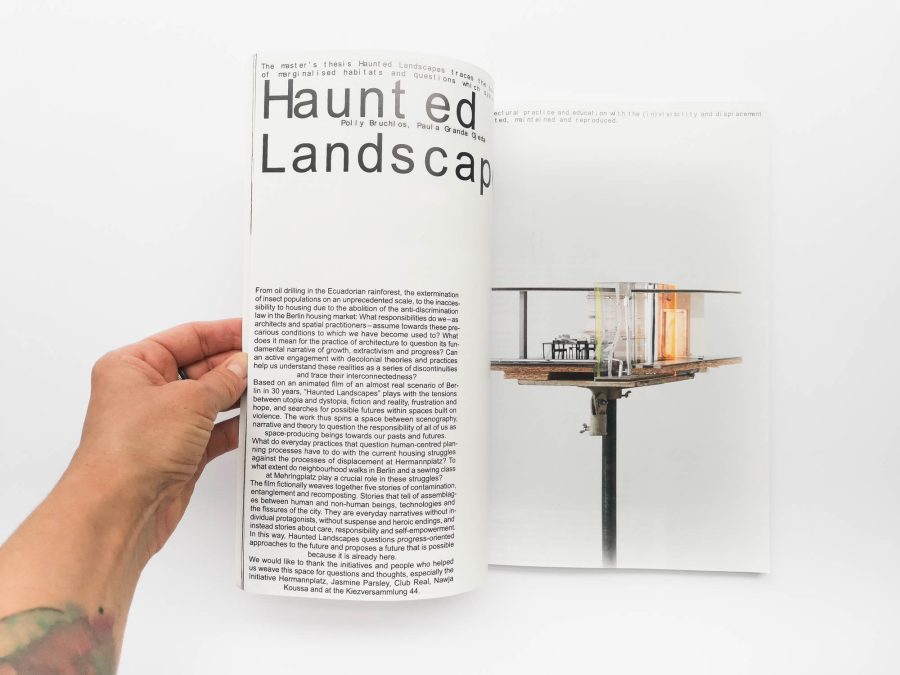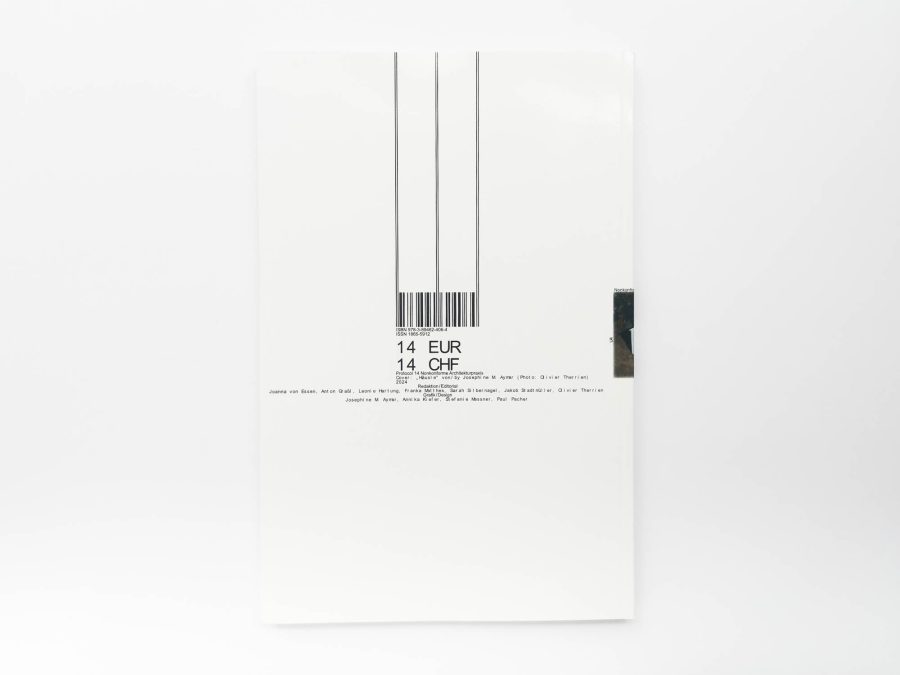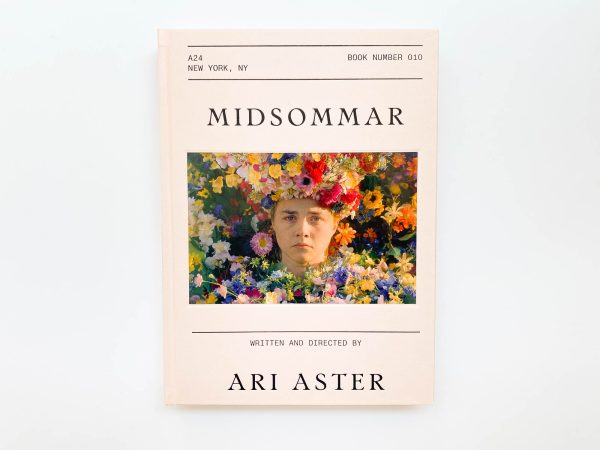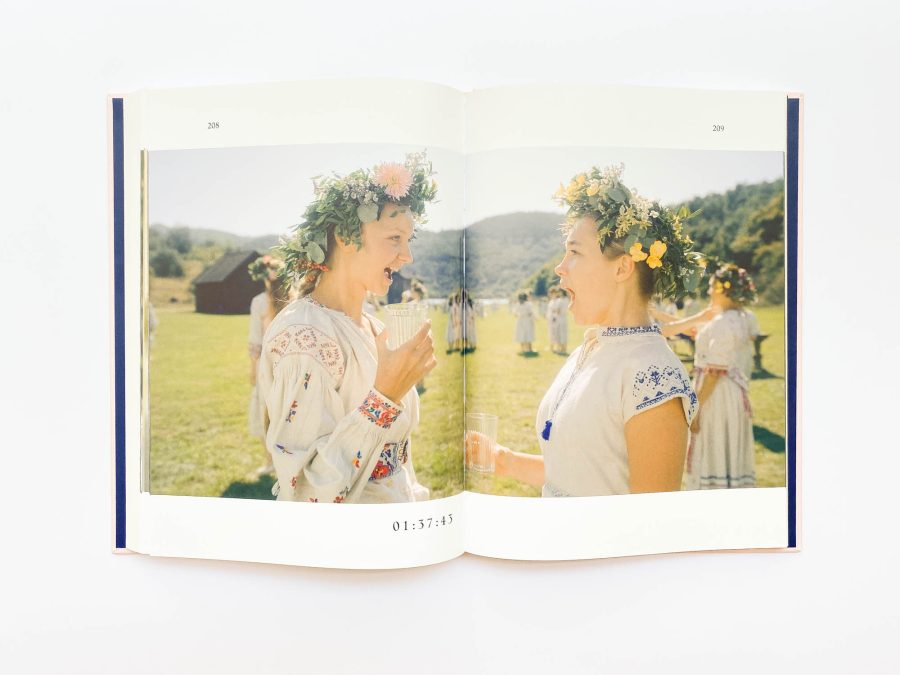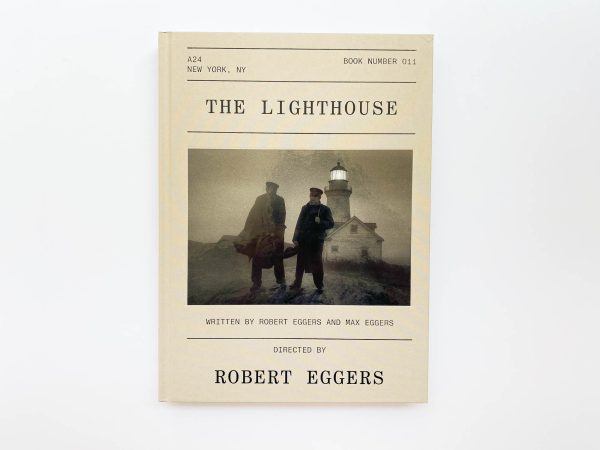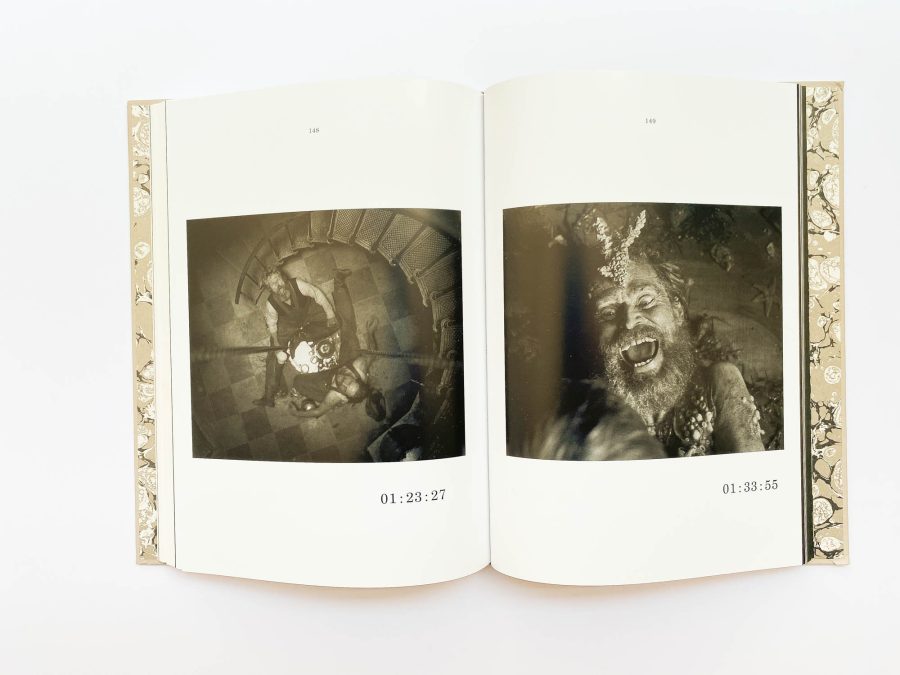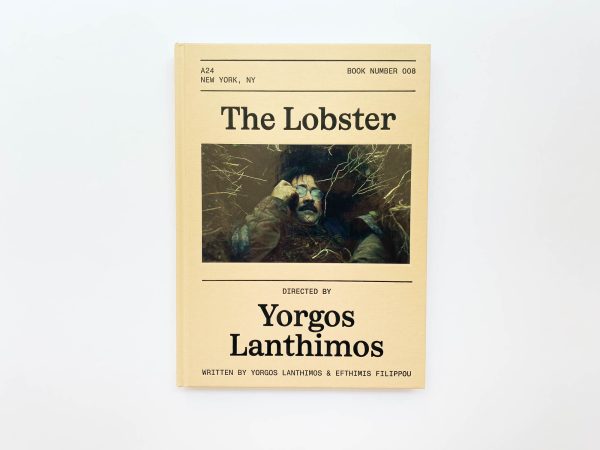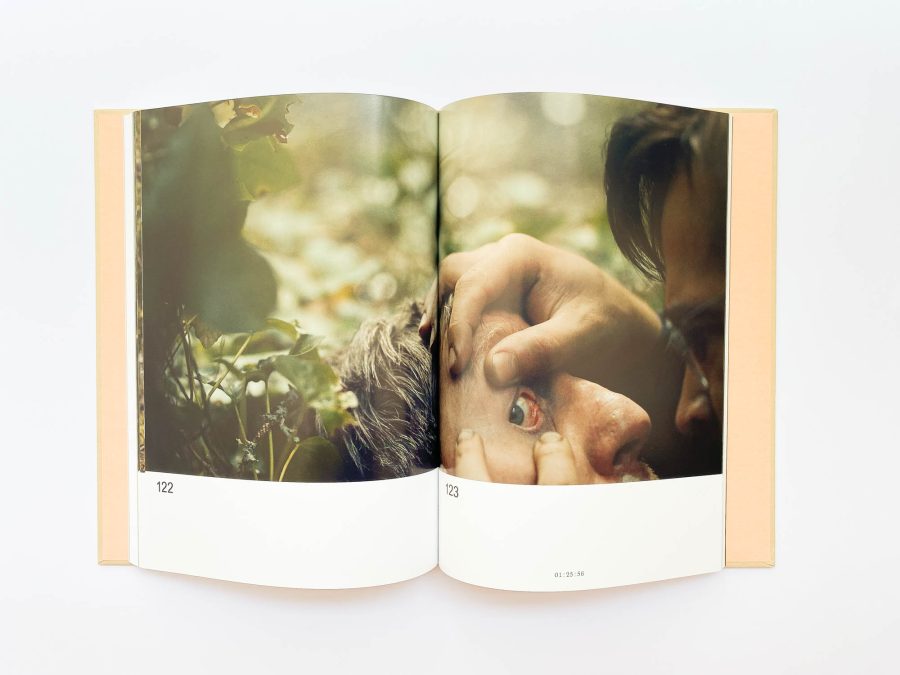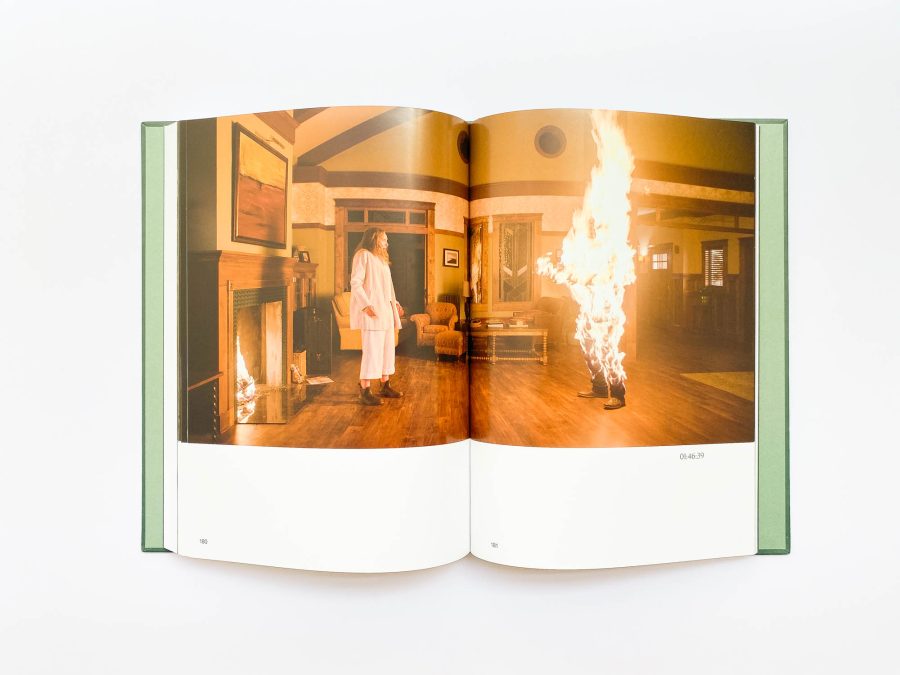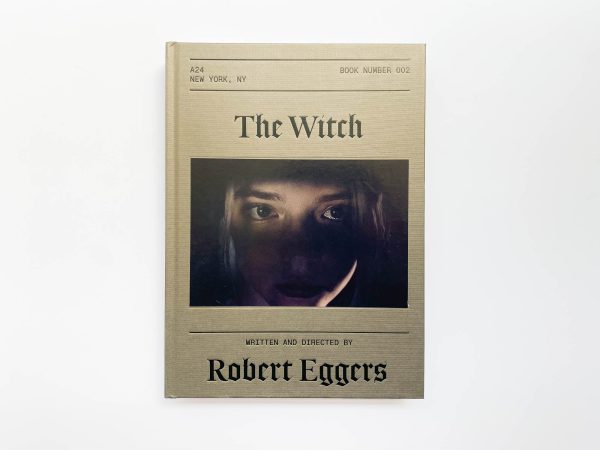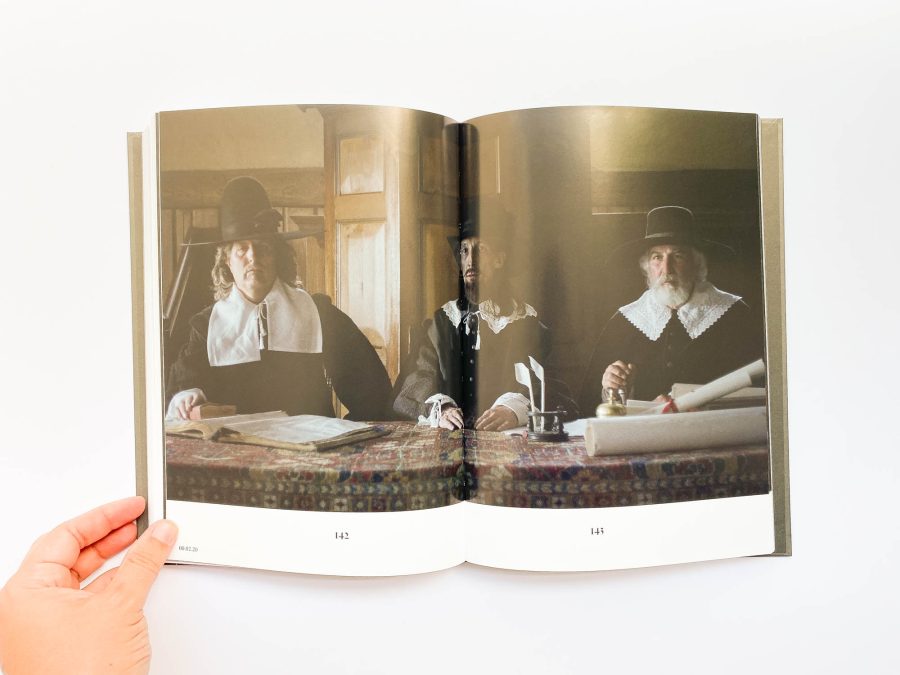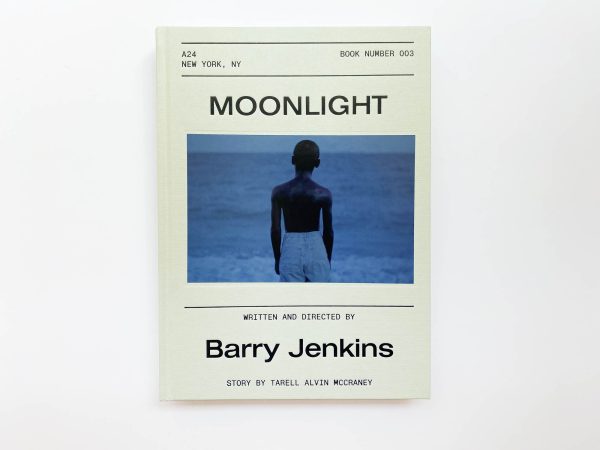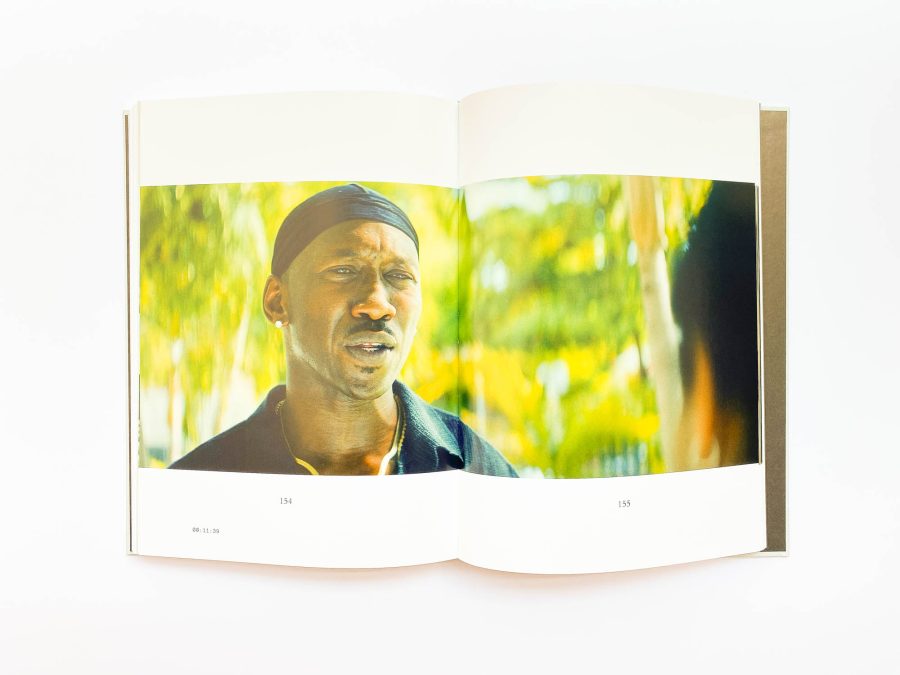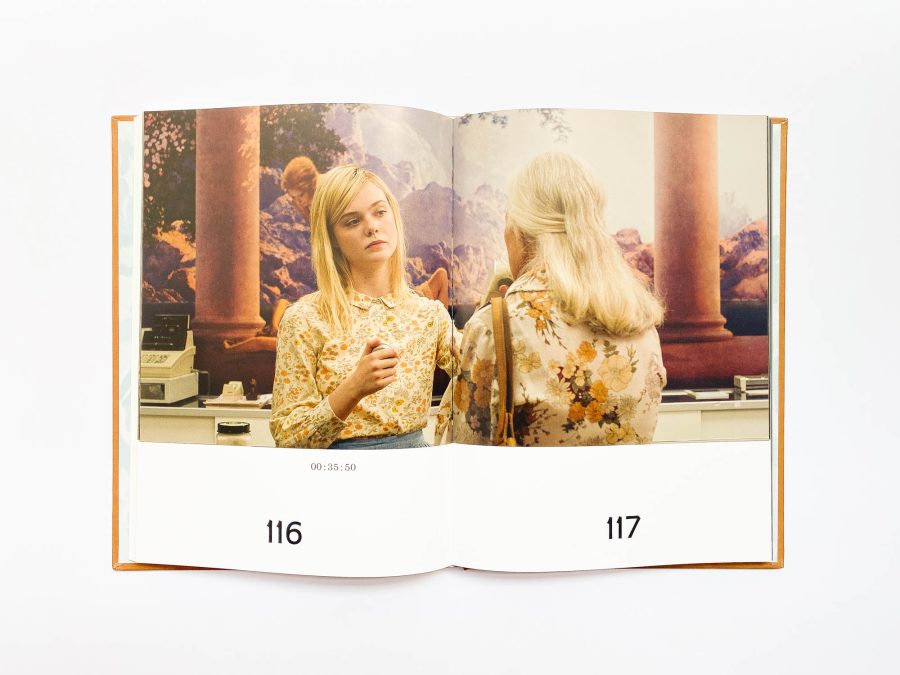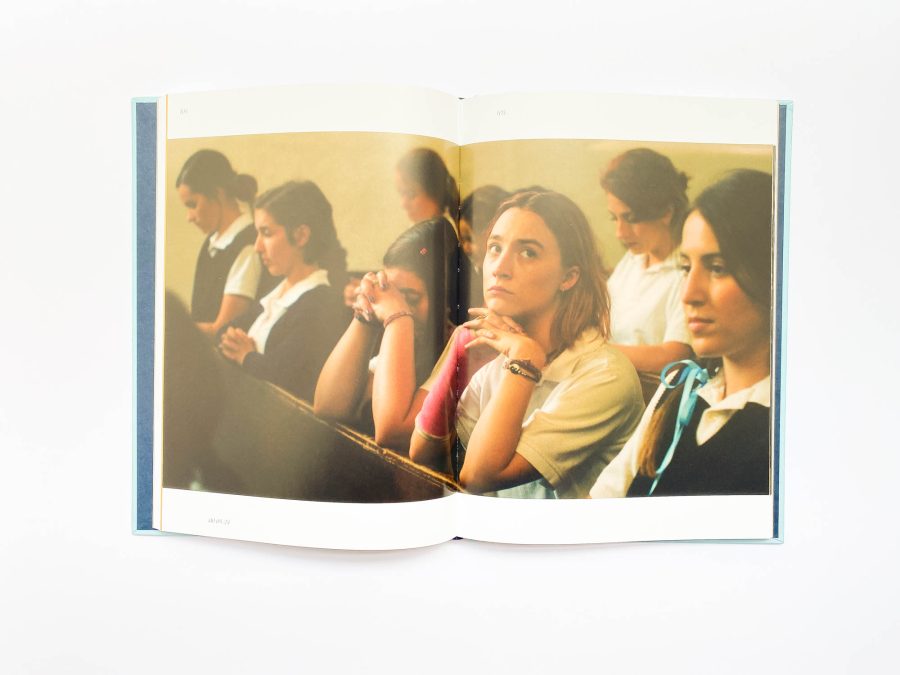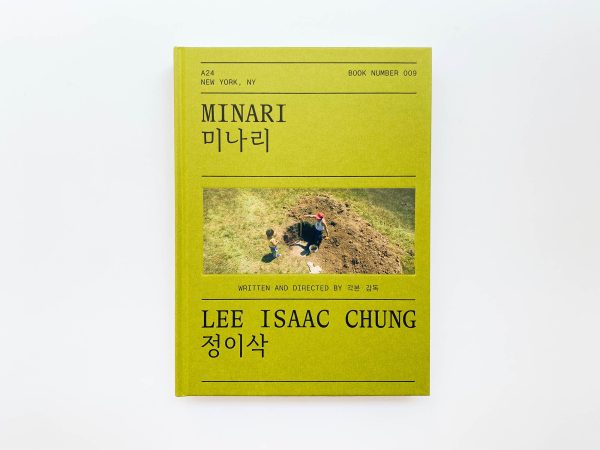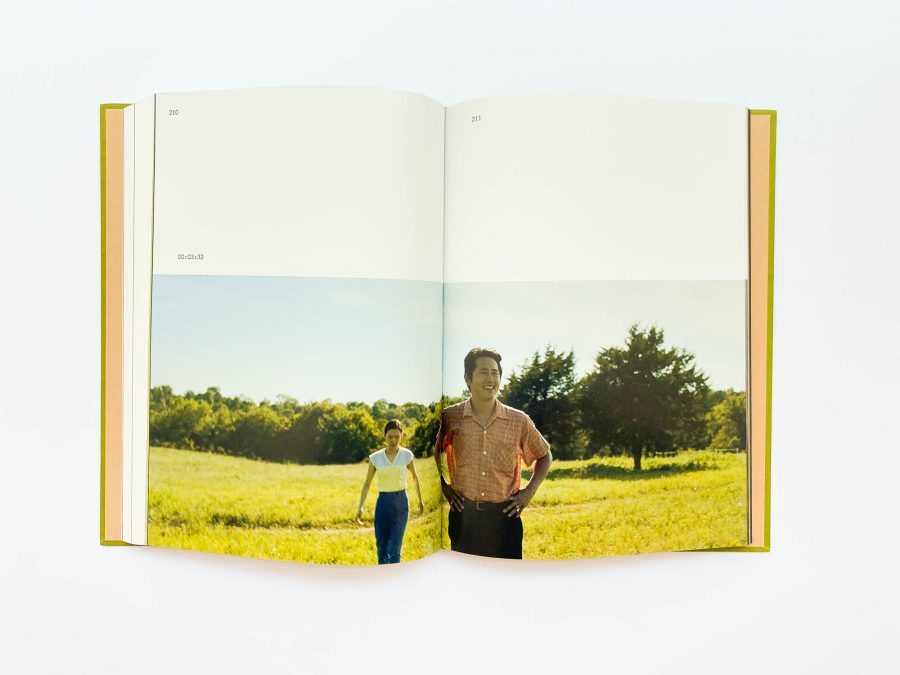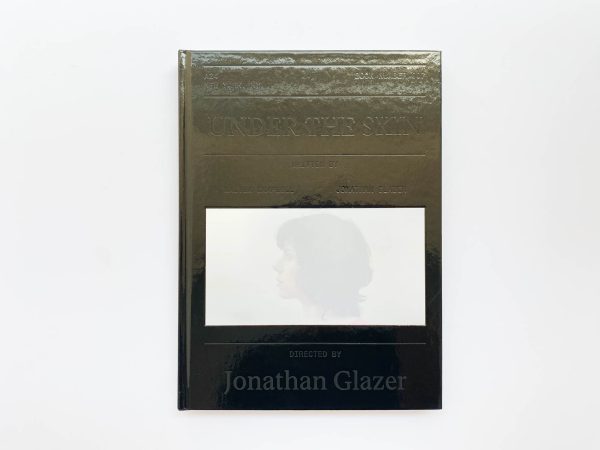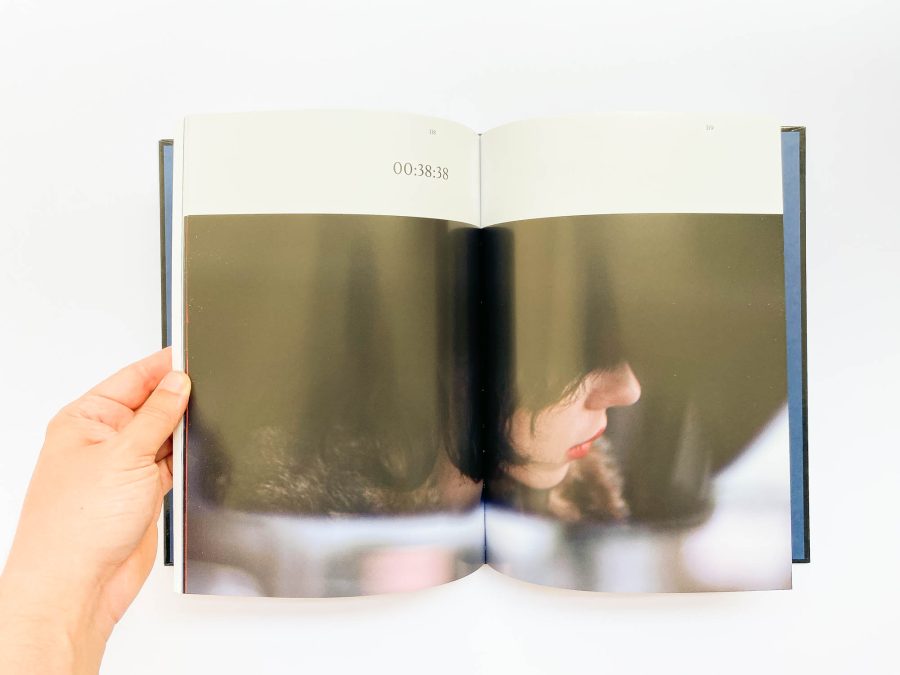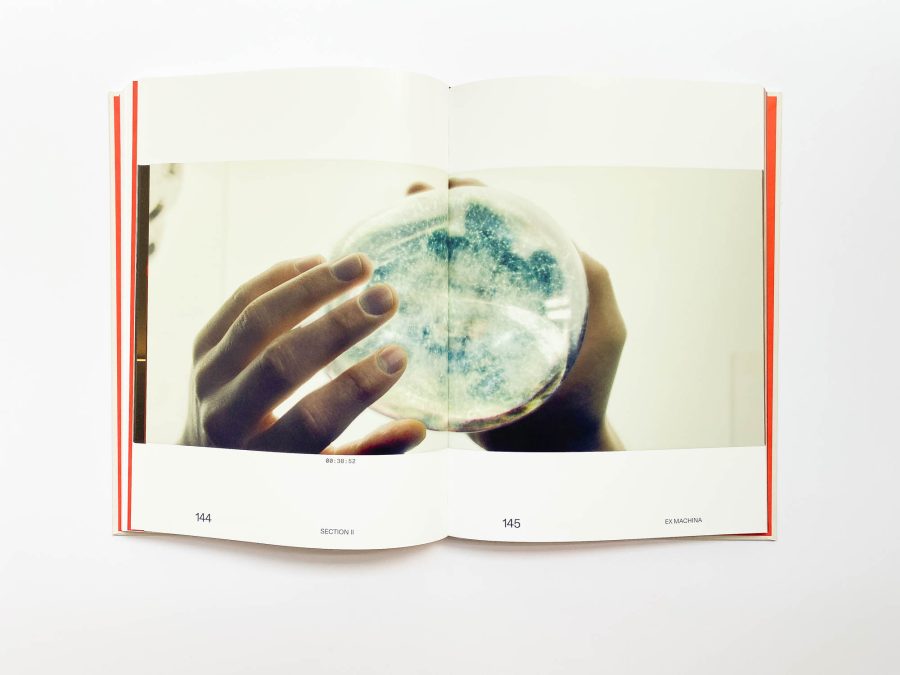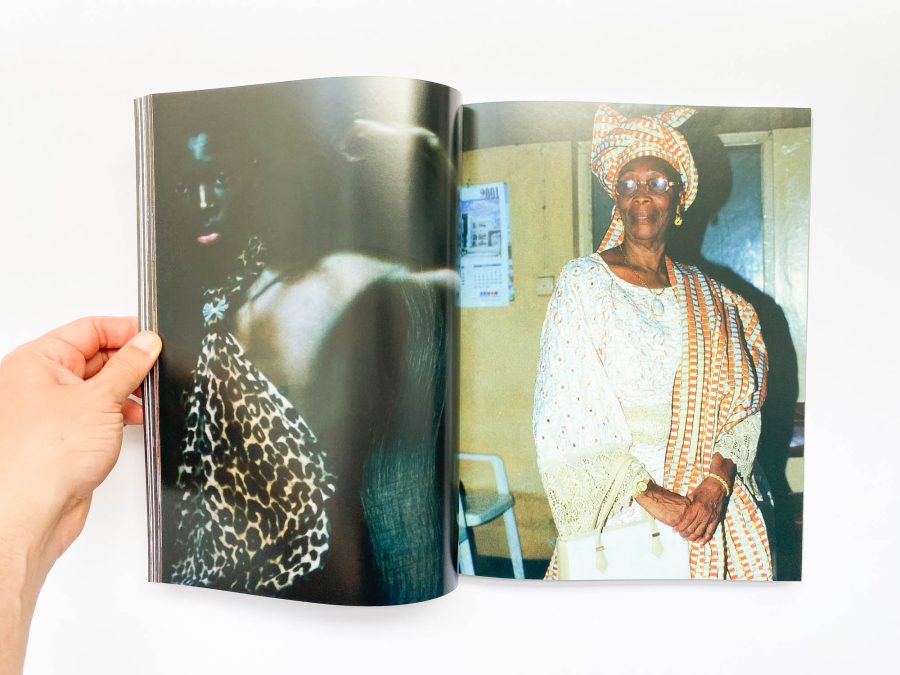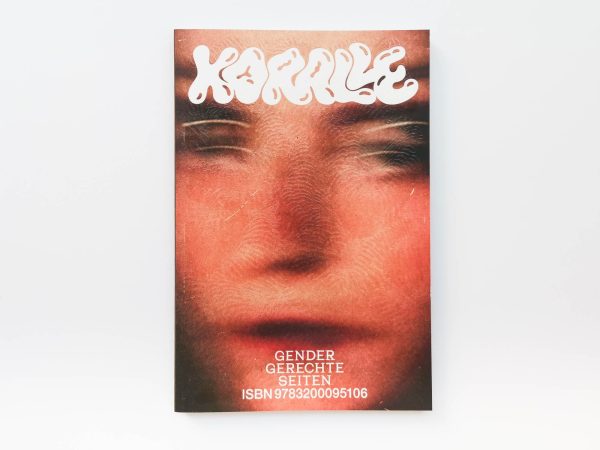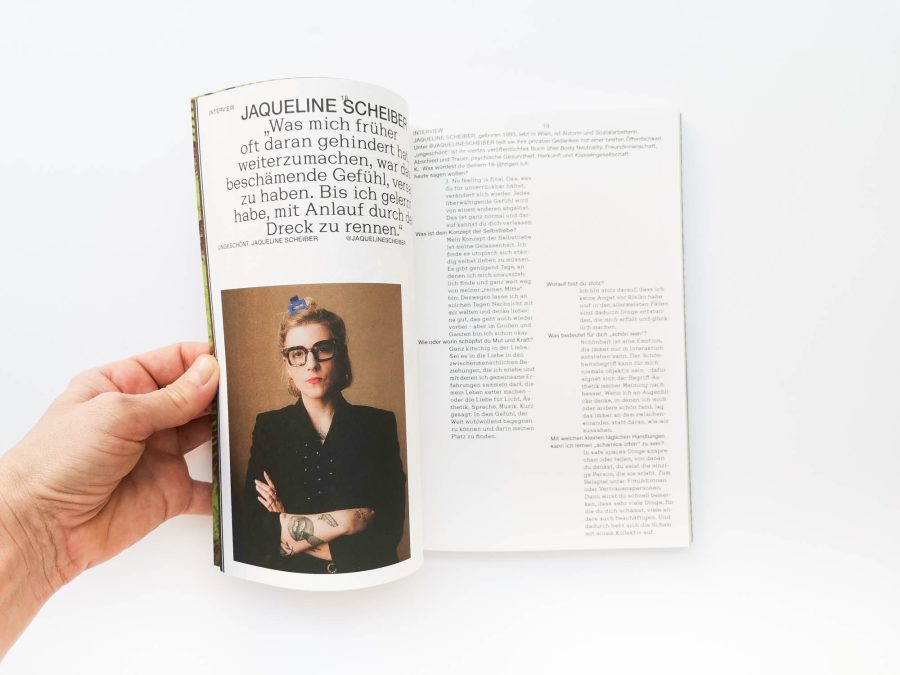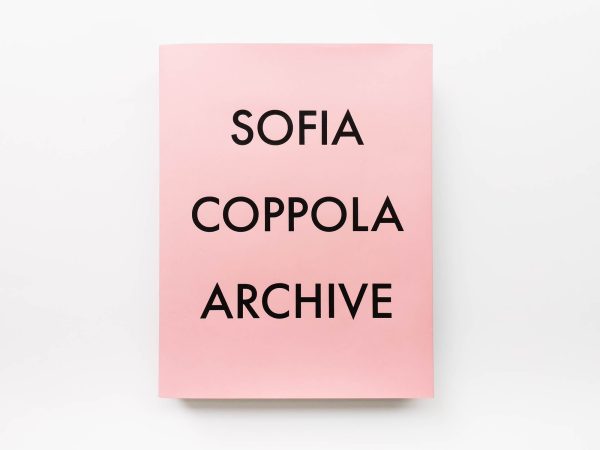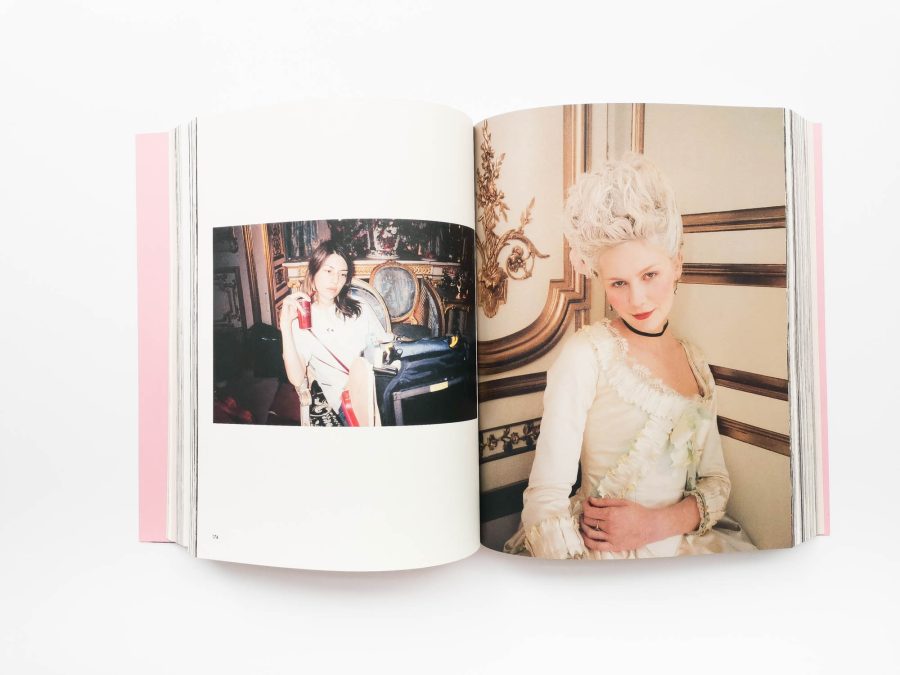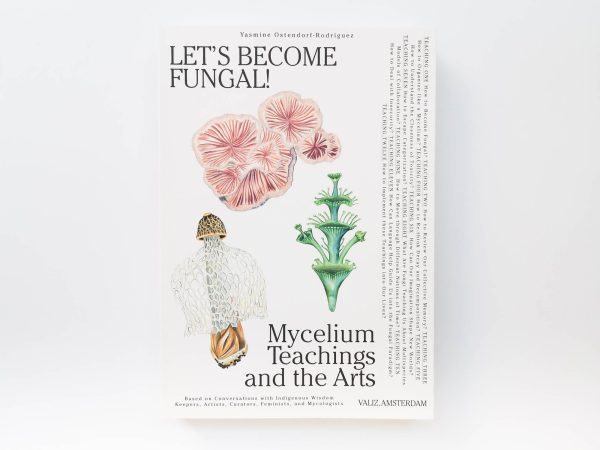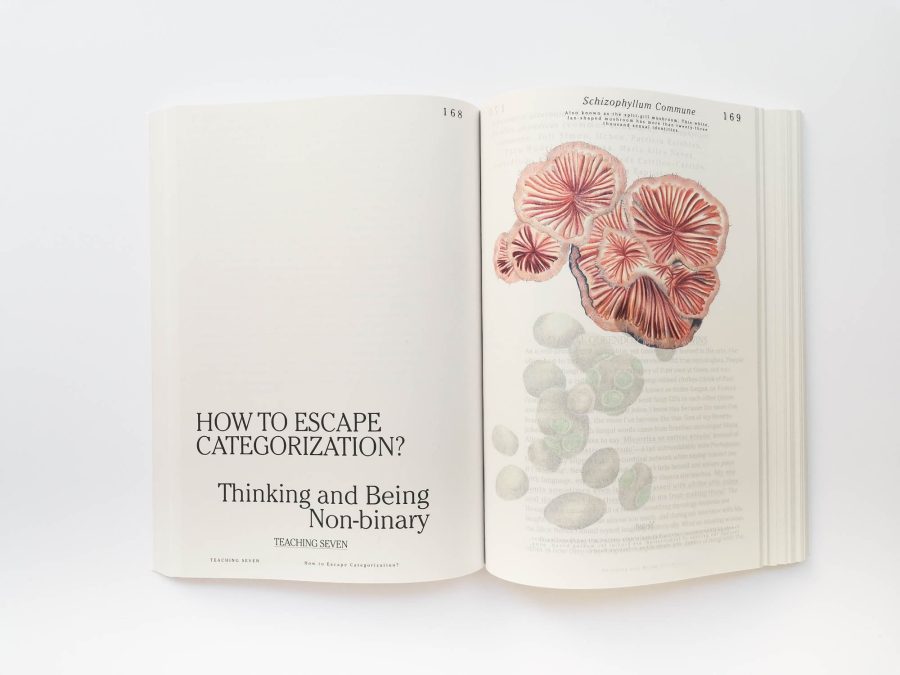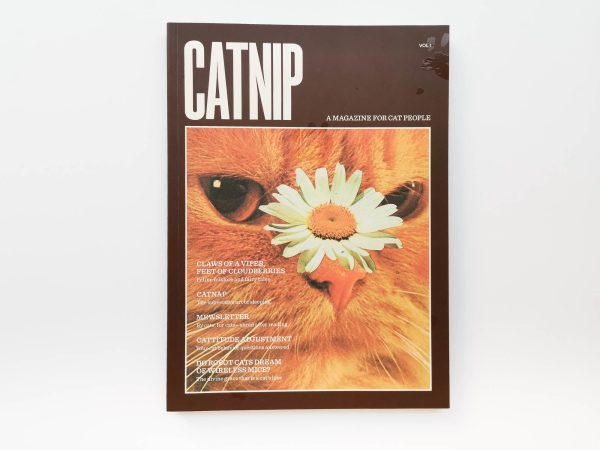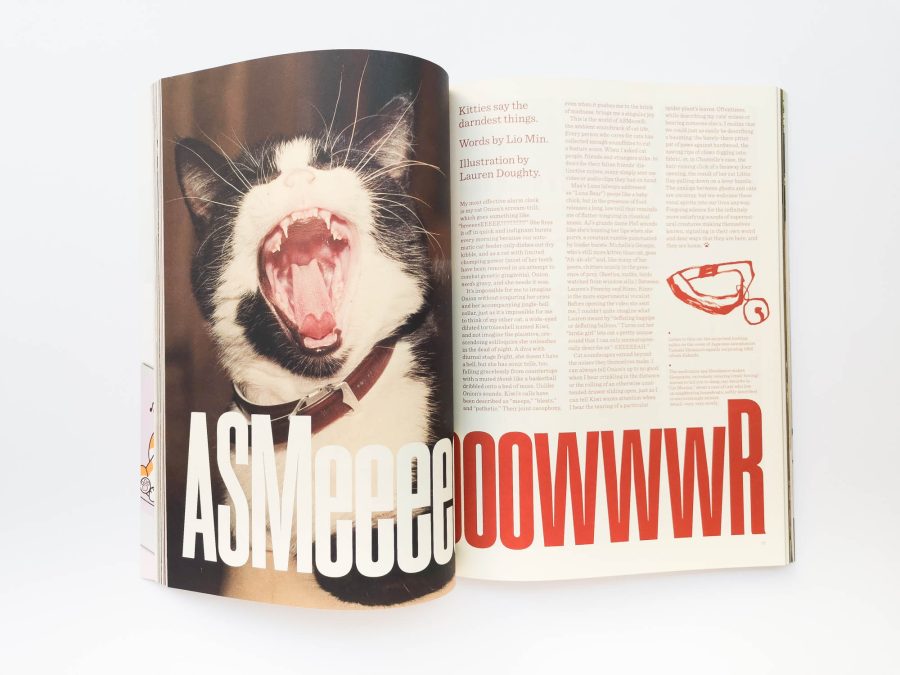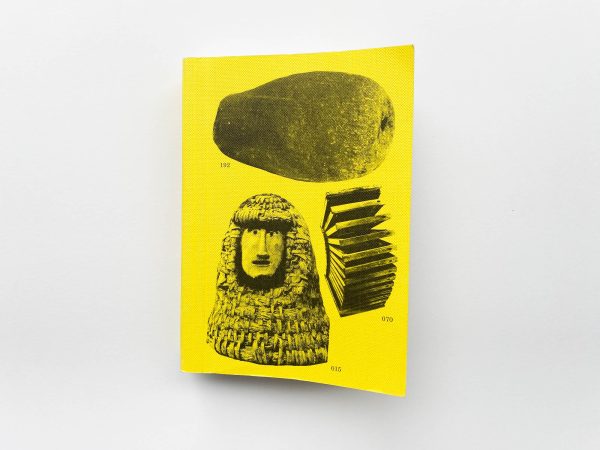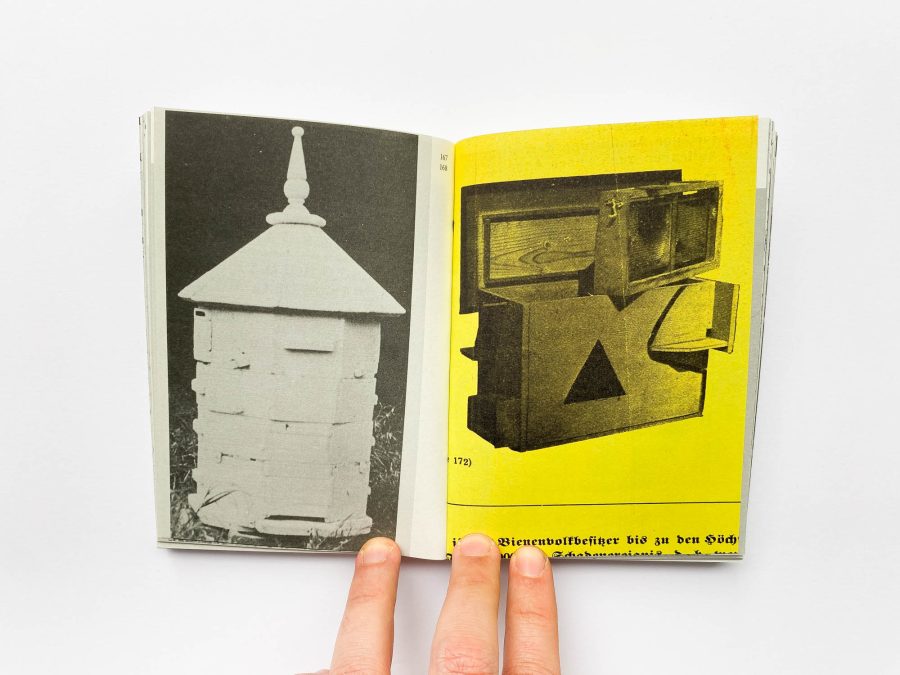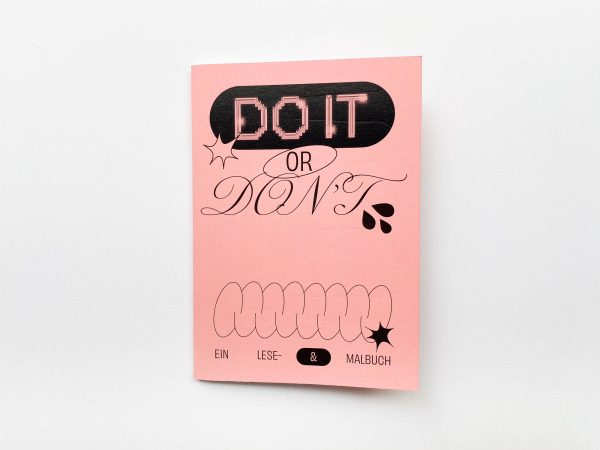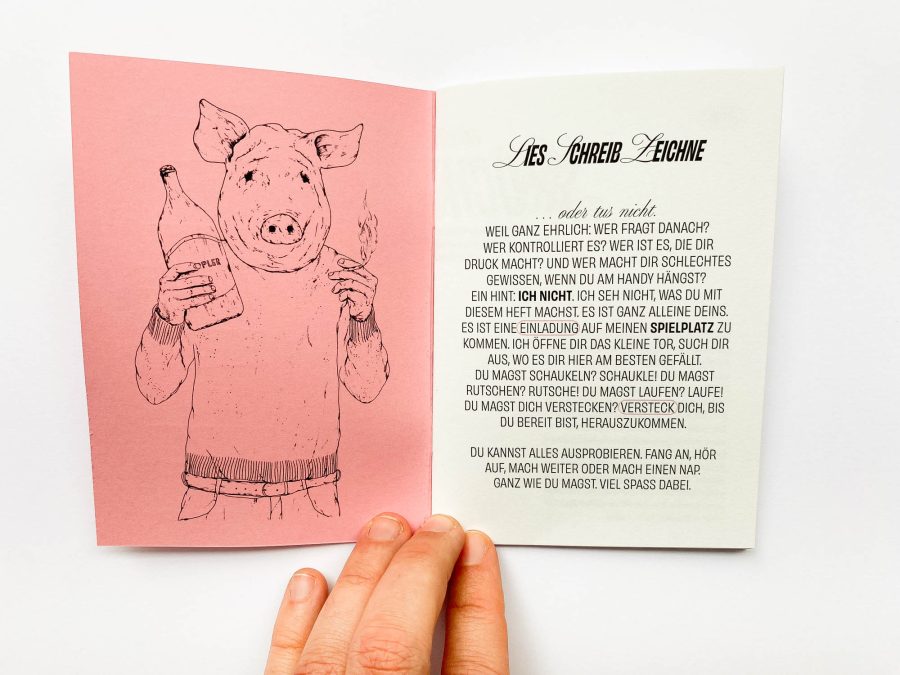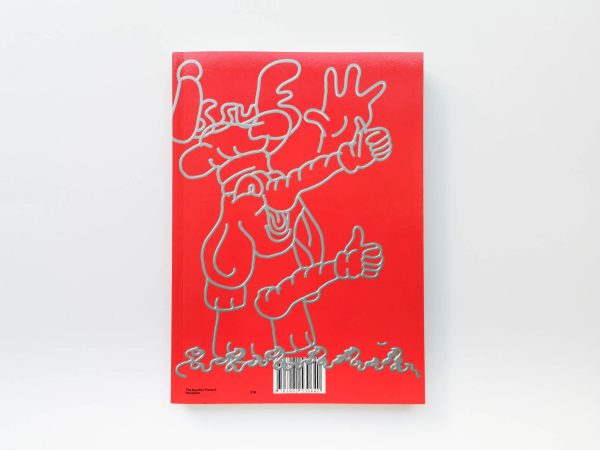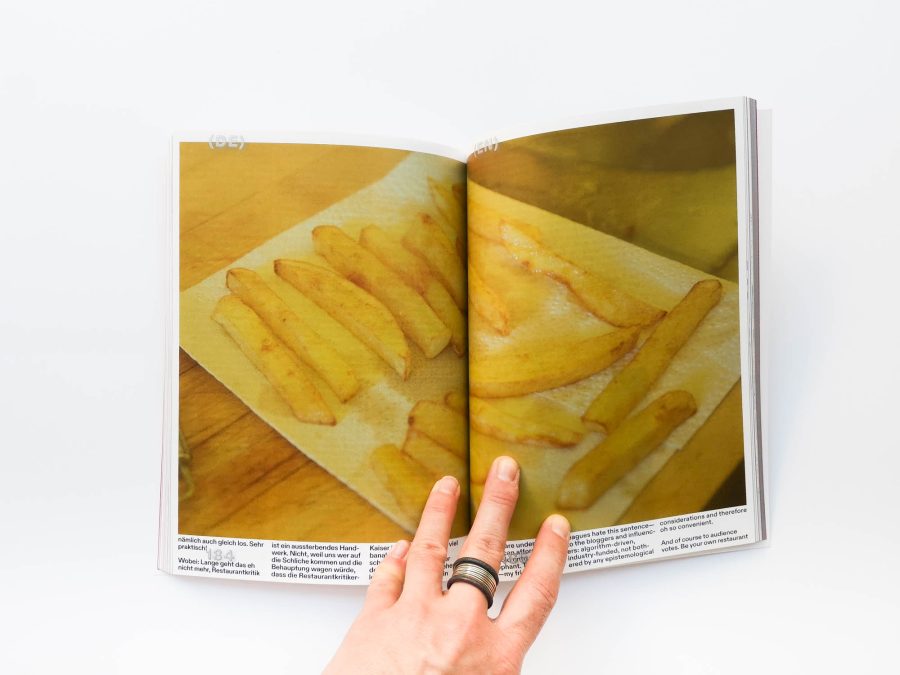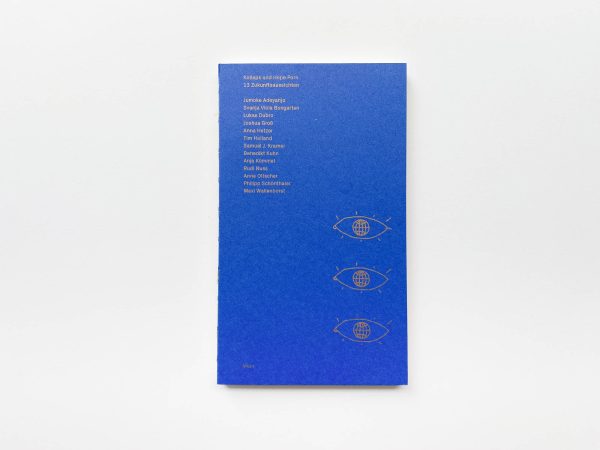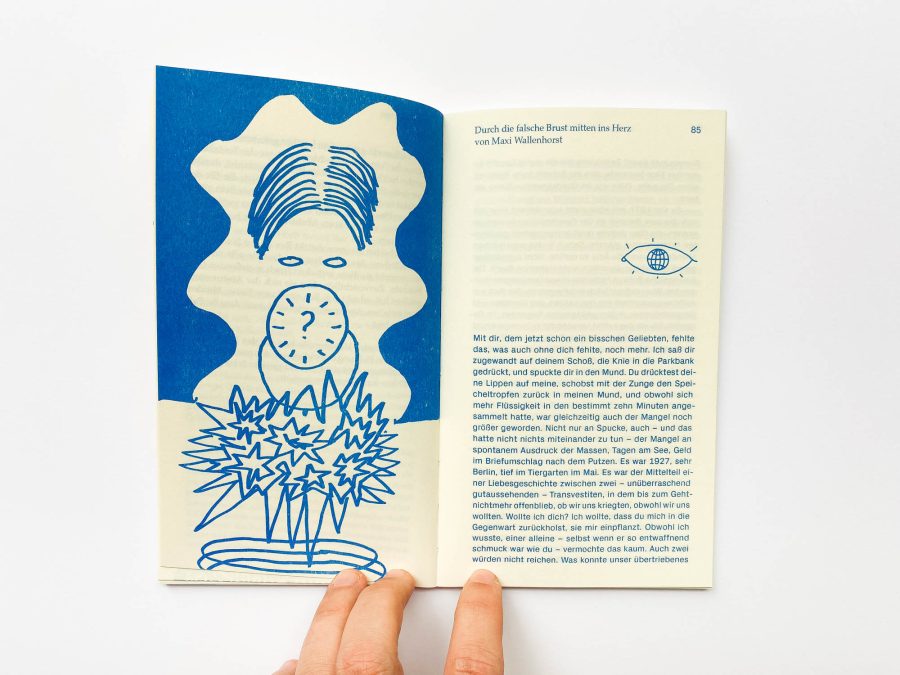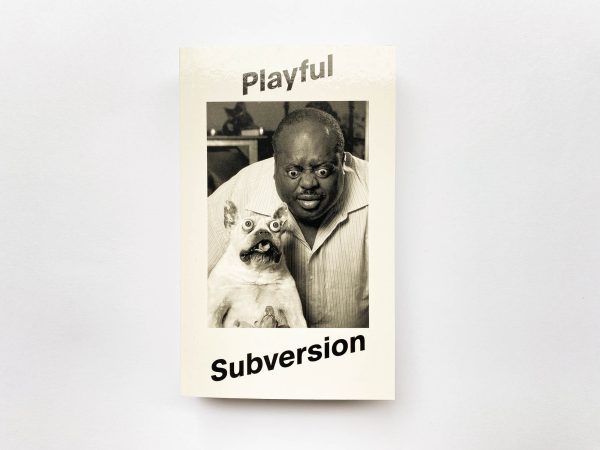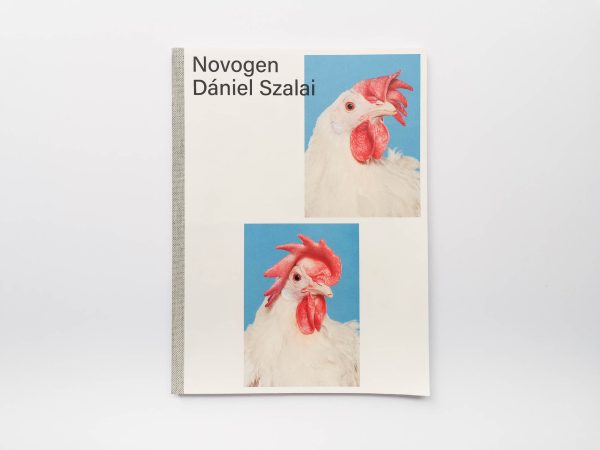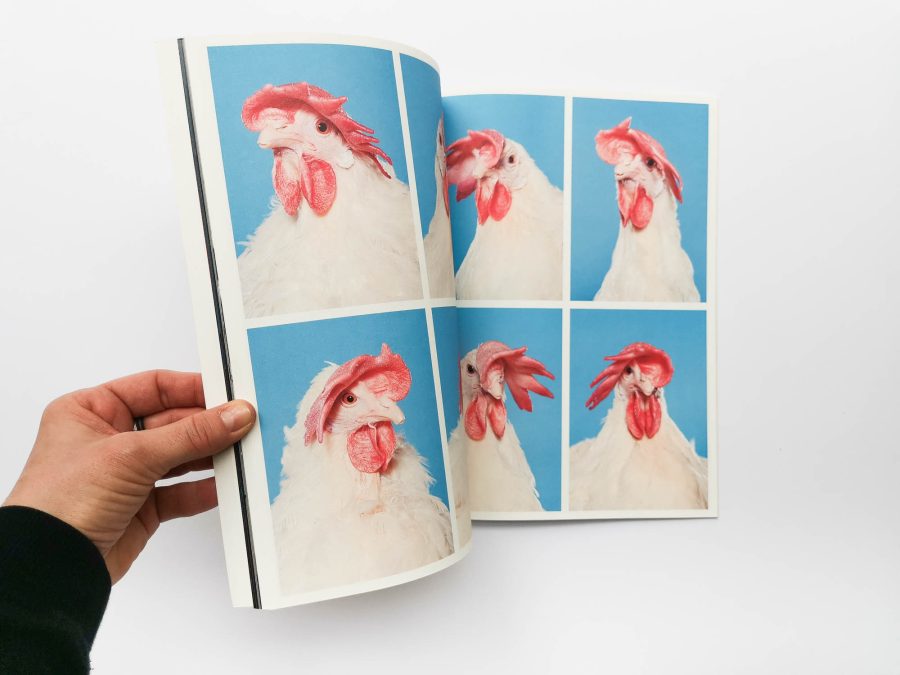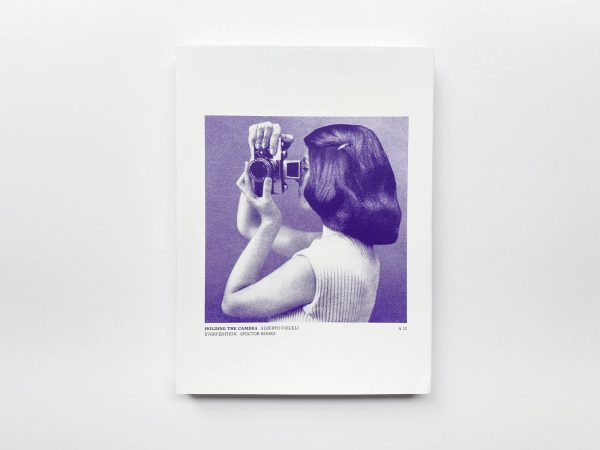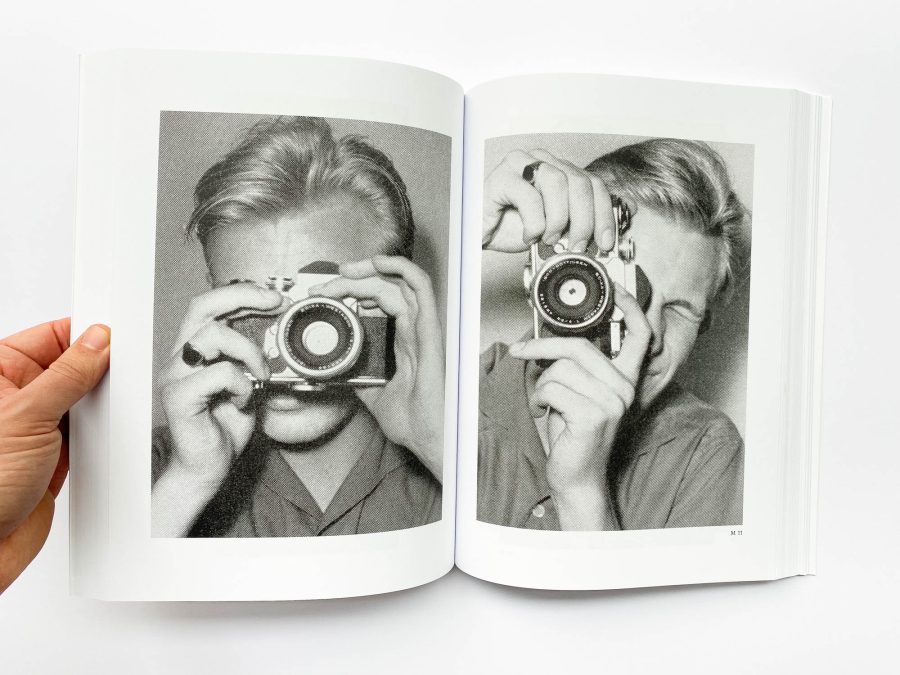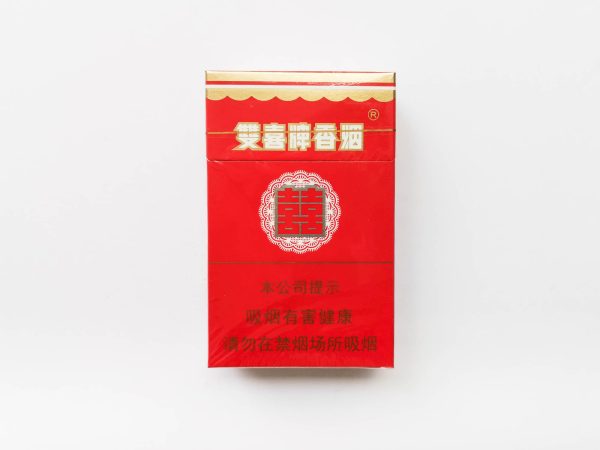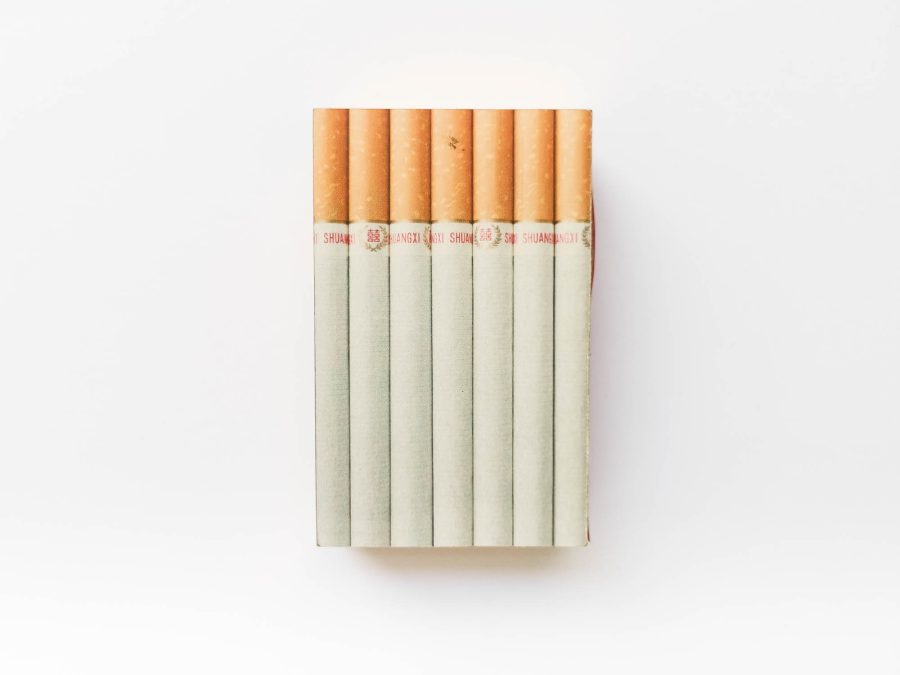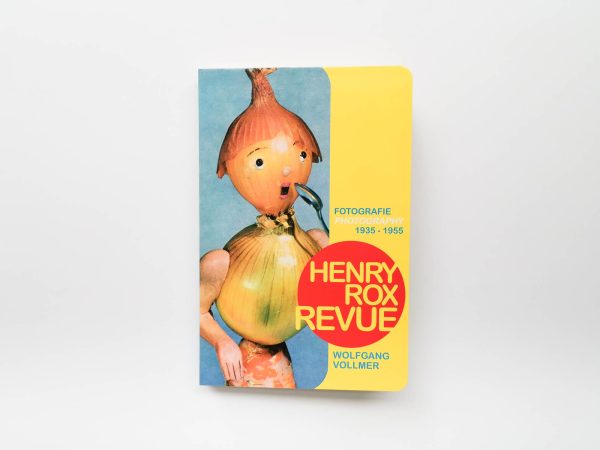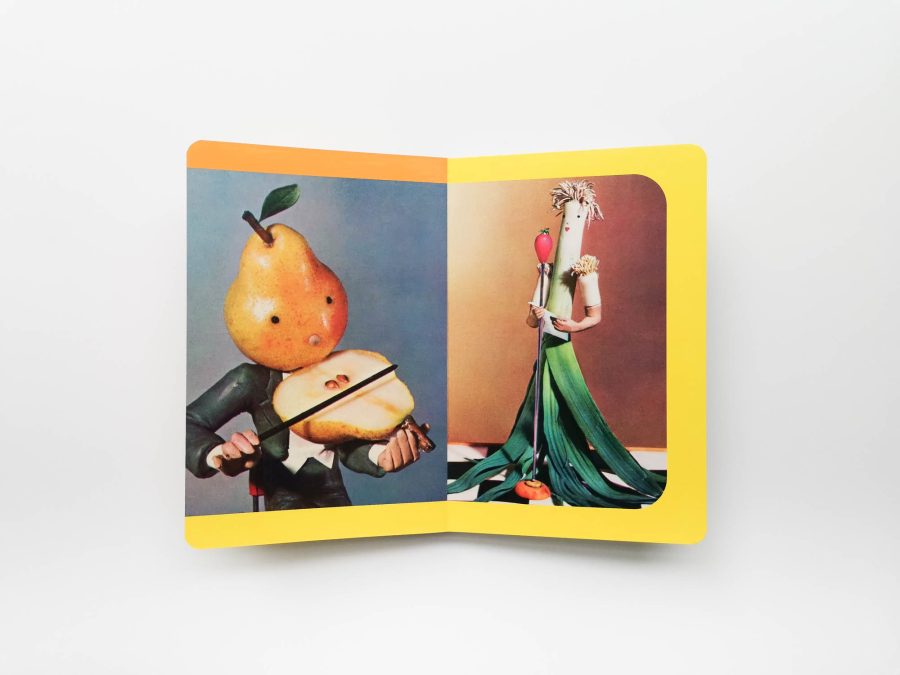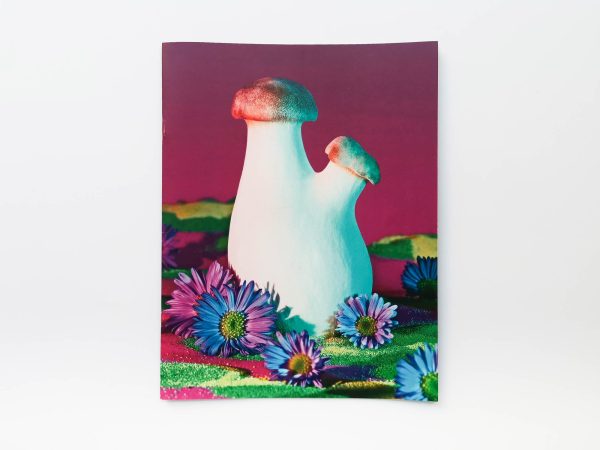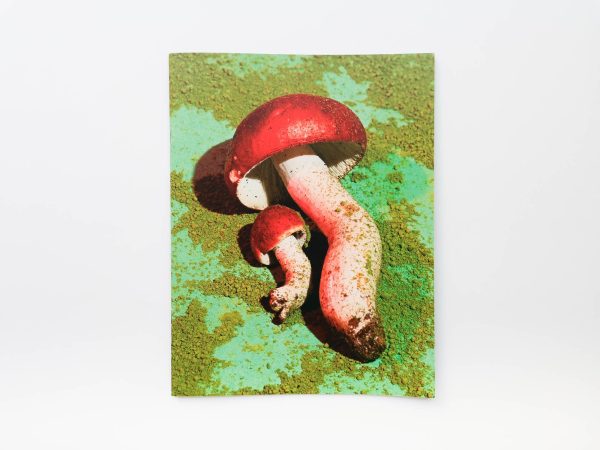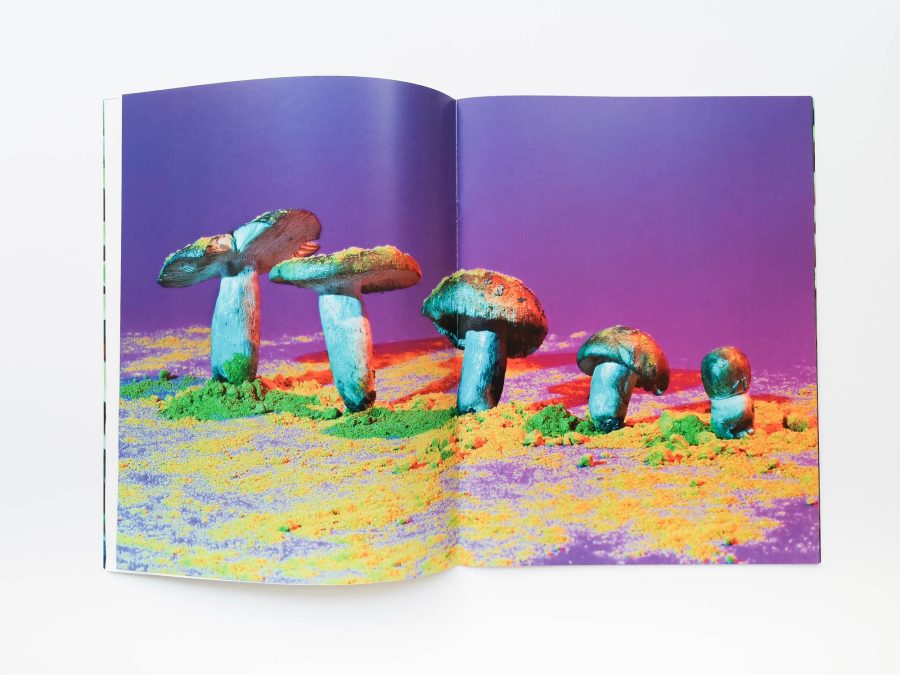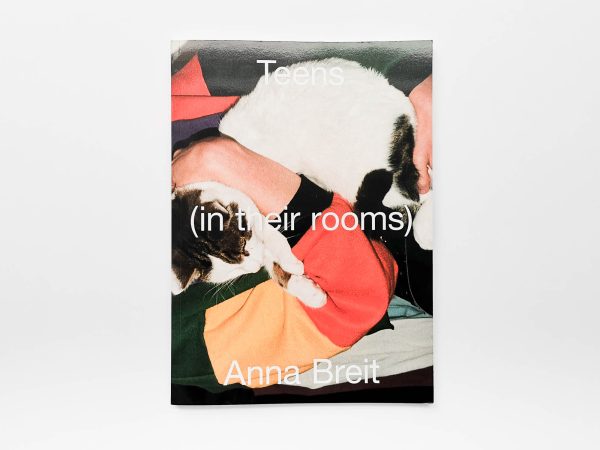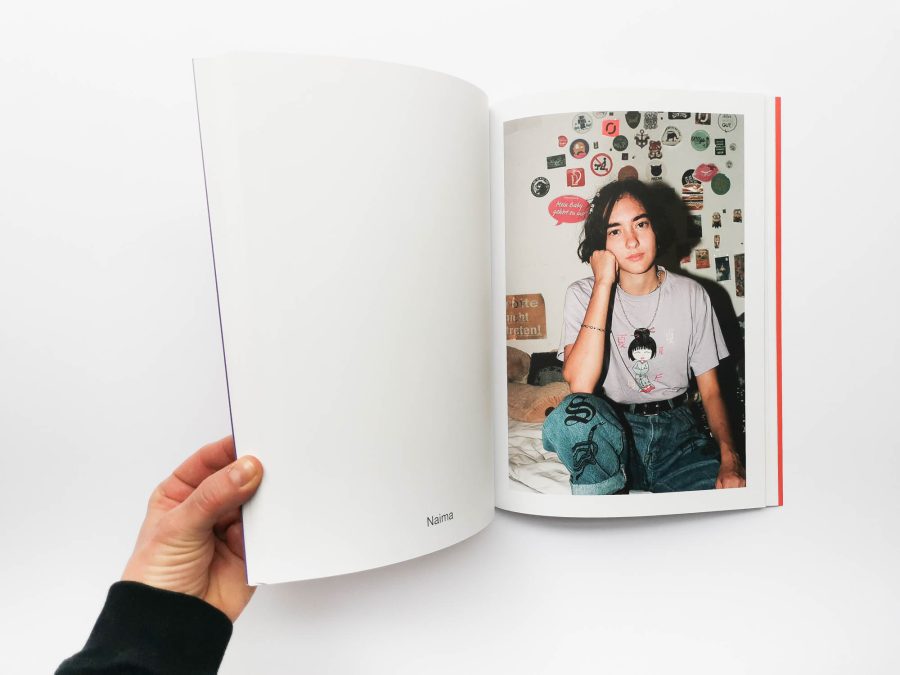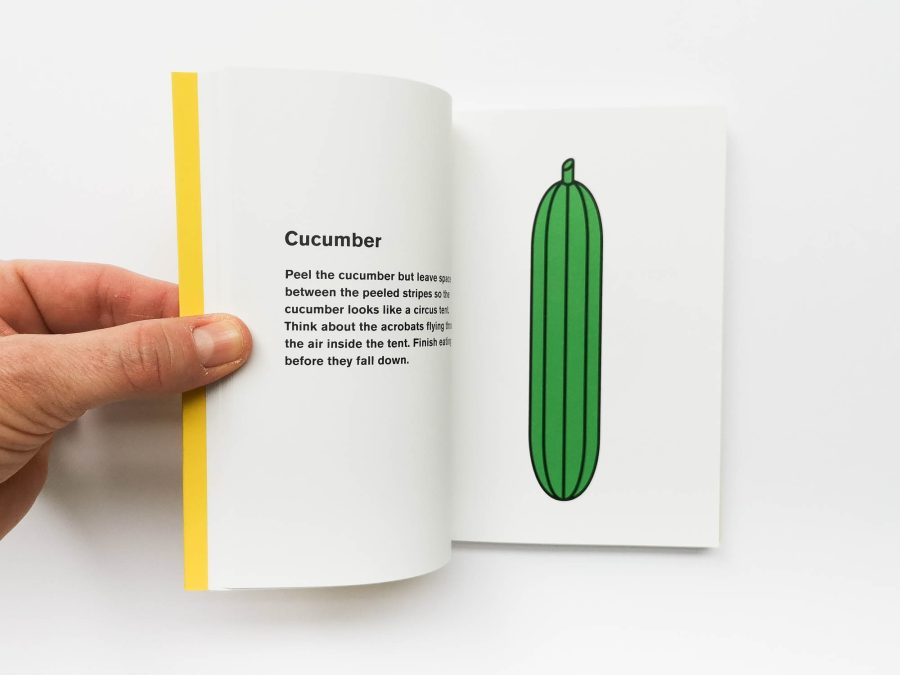Protocol Magazine #14 – Nonkonforme Architekturpraxis
€ 15,00 (incl. 10% VAT)
In stock
- Category: Magazine
- Topic: Architecture
- Publisher: Protocol
- Country: Germany
- Language: English, German
- Release: 2024
- Cover: Softcover
- Binding: Perfect
- Size: 19.7 x 29.7 cm
- Pages: 226
- Copies: 275
Protocol is an interdisciplinary and independent platform for current discourse on the subject of architecture - based on the concept of architecture in context. Architecture in context - we as an independent student magazine - initiated by students of the architecture program at the Berlin University of the Arts - are excited to see how this context is shaped by contributions from various disciplines. A Call for Contributions specifies a topic for each issue, which can be freely edited and interpreted by all interested parties with reference to architecture-related issues. Architecture in context - within the UdK and beyond, we see dialog with other forms of knowledge and artistic positions as an opportunity.
Where conformity - agreement with the norm, the majority opinion, business as usual - ends, things get uncomfortable: where actors offend, where they question the norms of a social, political or even technical context, they are confronted with hardships, hardships and resistance. We therefore conform not only because of external pressure, but also out of an inner need to belong. Non-conformity, on the other hand, is formed from independent decisions that deviate from the majority opinion. And the majority opinion in the construction industry is the market. The architectural discourse is subject to the changing tides: What was once non-conformist has long since lost its prefix and is now conformist or standard-compliant again. Within a tired discipline that is constantly trying to reinvent itself, non-conformity can also be a protest against wasteful renewal. Anything that does not fit into the standardized pigeonholes from which we repeatedly pull out the same worn-out references. The contributions are pervaded by a critical awareness, a process of rethinking and a motivating drive.
The appeal of reading about doing things differently and thinking differently always lies in the speculation about the future. Can the strategies presented be applied in similar contexts? We hope that the contributions will encourage us to put them into practice and that they will prove their worth as references for thinking ahead in our crisis-ridden discipline.

